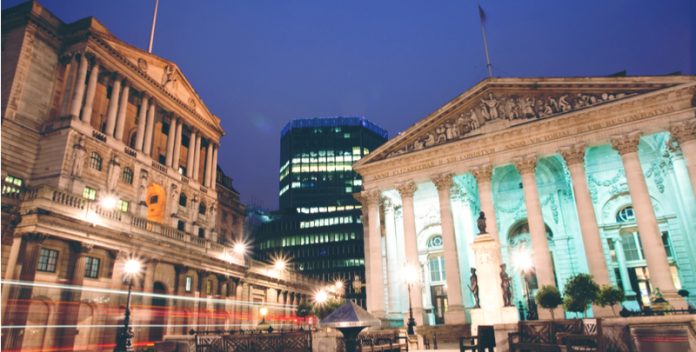GBP/AUD is slightly declining in early trading on Monday, continuing the bearish mood from the last session. Currently, one British pound buys 2.0316 Australian dollars, down 0.23% as of 7:20 AM UTC.
The Aussie is benefiting from investors’ increasing confidence in riskier currencies and assets, as the number of COVID-related new cases and deaths in Italy and Spain are declining, pointing to a curb in the spread of the coronavirus.
Most importantly, the disease is slowing down in Australia. Several health officials hinted yesterday that they were optimistic about the situation. However, they stressed that social distancing measures should not be ignored.
As of Sunday, the number of confirmed cases increased by 181 to 5,635, which represents a daily rate below 5%, much lower than mid-March figures. The death toll rose to 34.
UK Continues to Report Increasing Number of Cases
Elsewhere, the situation is much worse in the UK, which saw a record number of new cases on Sunday, as more than 5,900 people were confirmed positive. The total number of cases is rapidly approaching the 50,000 figure, while the death toll surpassed 4,900.
Investors are also worried about Prime Minister Boris Johnson, who was previously tested positive for COVID. Yesterday, the PM was admitted to hospital after showing persisting symptoms for about 10 days. His office said that it was only a “precautionary step” and that he would continue to lead the government.
Housing minister Robert Jenrick told BBC:
“He’s been working extremely hard, leading the government and being constantly updated, that’s going to continue. Obviously today, he’s in hospital having the test but he’ll continue to be kept informed as to what’s happening and to be in charge of the government.”
Meanwhile, the British economy is suffering from the lockdown measures imposed by Johnson. The government and the central bank pledged unlimited support through various programmes.
Earlier Monday, Society for Motor Manufacturers and Traders (SMMT) released a preliminary report on new car registrations, which tumbled by an annual rate of 40% in March. The sales figure reached only 250,000 units, making it the weakest March since 1999.
Besides the deteriorating car market, the British public expects prices to surge in the coming year. They anticipate inflation to increase over the next 12 months as the pound declined against the US dollar, according to a poll carried out by YouGov and Citibank.





